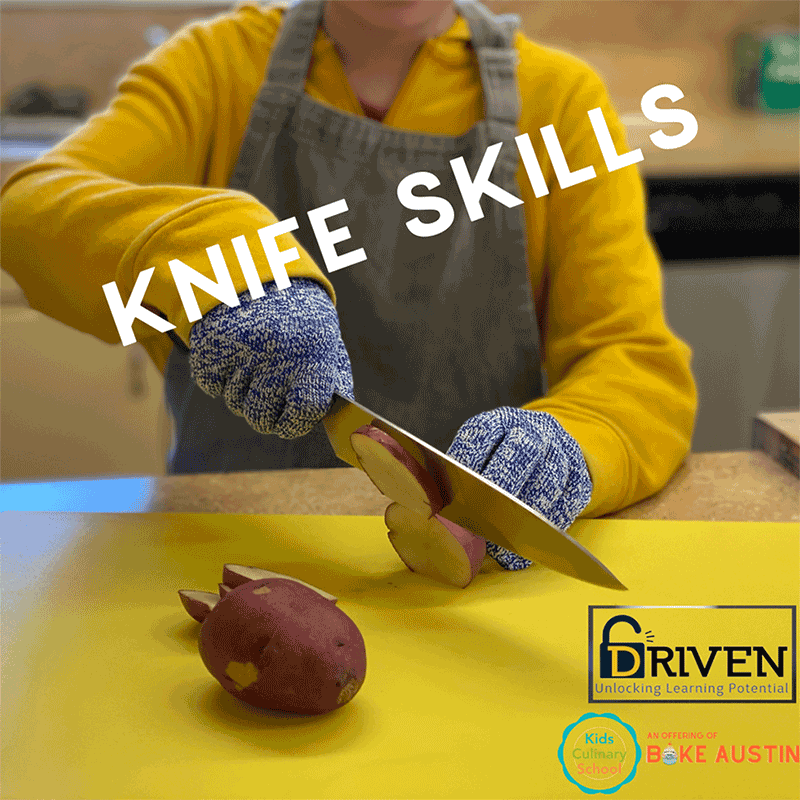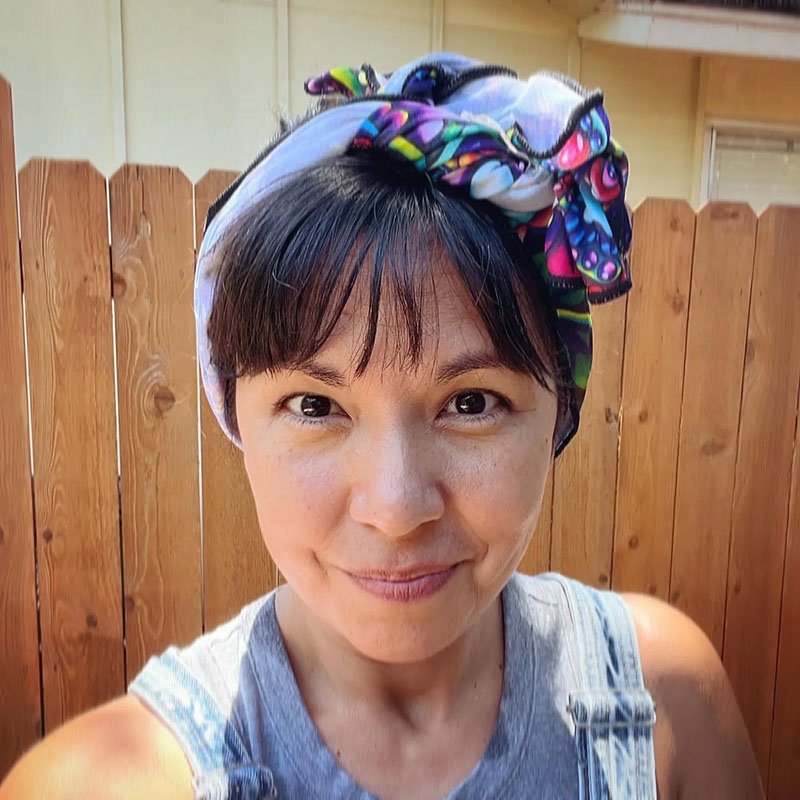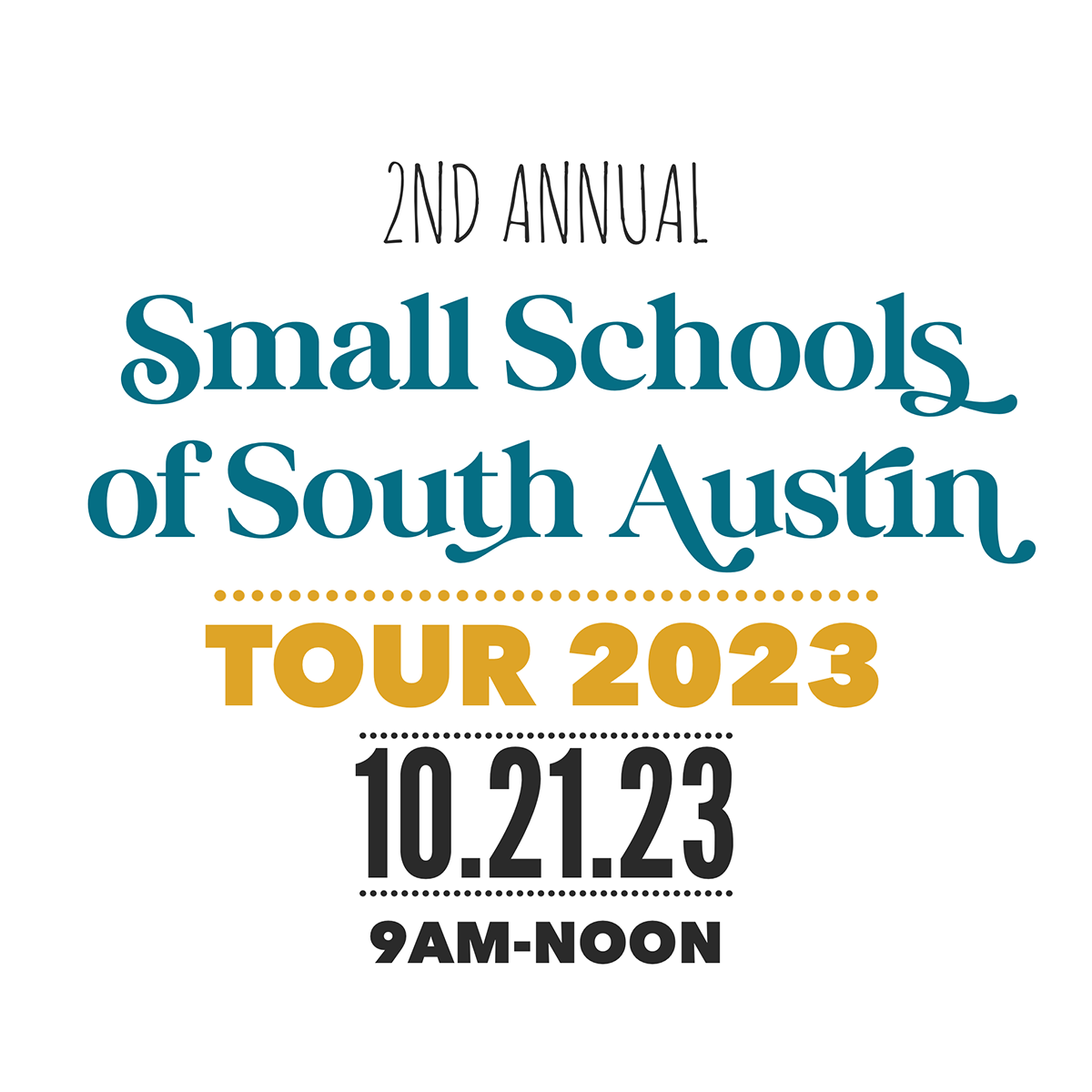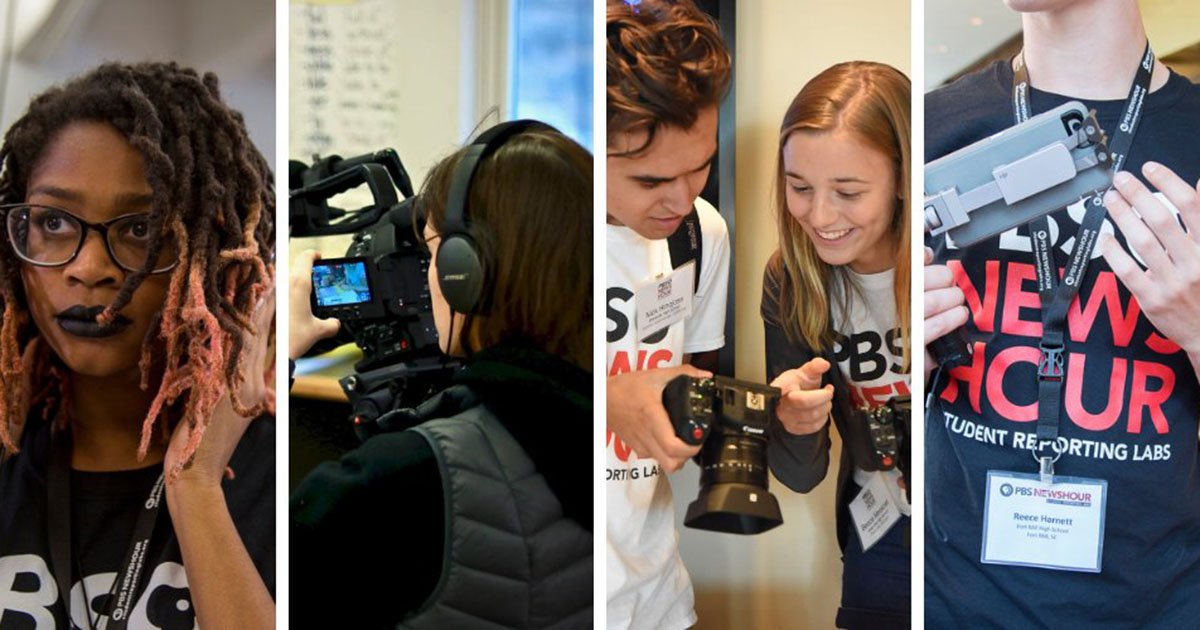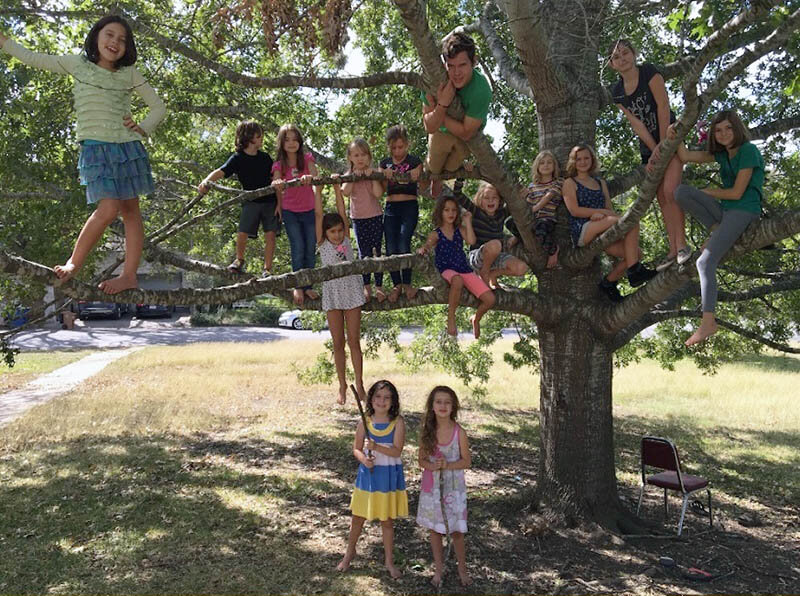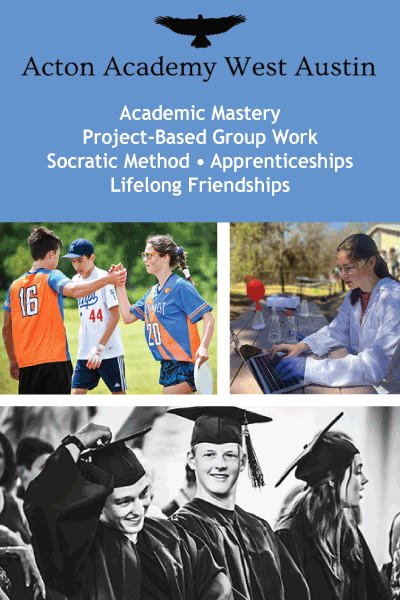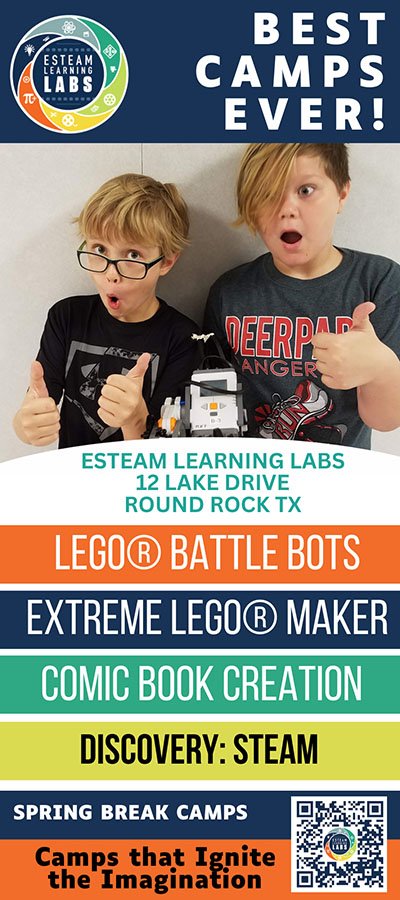The Festival of Learning is back!
/After taking a few years off from organizing community education events, I couldn’t be prouder to let you know that the Festival of Learning is back—bigger and better than ever! On Saturday, February 24, more than 30 innovative schools and educational programs are taking over the beautiful space of the Branch Park Pavilion at Mueller.
This means that, rain or shine, families will be able to visit with educators and students, play games, try new arts and crafts, and learn more about the growing alternative education community in Austin. It all happens from 10am to 1pm, and you can find the details, including all the participating schools, on the Alt Ed Austin website.
The Festival has always been a fun gathering of amazing local educators who want to share their passion for learning. But this year feels special because we’ve been able to expand the number of participants and guests we can host in the fantastic space at Mueller. Parents and kids of all ages will be able to talk to school representatives—including students—and look at cool projects they’ve created. Hands-on experiences will include art projects, code wheels and puzzle boxes, magnet science, knife skills and kitchen hacks, bookmaking, wildflower seed crafts, and much more.
For example, Marie from Tigerlily Preschool offered us a preview of what she’s got in store for little visitors to the Festival: “At Tigerlily children express their own ideas through paint, clay, building, collage, mud making, dance, and drawing. Our table at the festival honors this last medium, drawing, as a powerful tool for young children. Come join our community doodle!”
For older learners, Amy from Headwaters School said they will be sharing “an interactive Identity Board where attendees can use yarn to signify different parts of their identities on a large labeled peg board.” You’ll have to come to the Festival if you want to discover exactly what that mysterious project is all about!
And for those in-between ages and everyone else, Pascal from Bake Austin and Ken from Austin School for the Driven are teaming up to teach basic knife skills (with cut-proof gloves provided!) along with some handy kitchen hacks.
Our goal this year is to give learners of all ages a chance to discover the wealth of opportunities available in Austin’s creative, learner-centered schools, as well as beyond-school programs. The open setting at Branch Park Pavilion allows everyone to move from booth to booth easily to chat, share ideas, and take part in all the activities. And our new location right in the heart of the Mueller business district makes it easy to stop for lunch or a snack before the Festival and burn off some energy at the playground afterward.
Please take a look at our Festival of Learning webpage or Facebook event page for all the information you need about how to get there and where to park, as well as ways to share the details with friends and family. We hope to see you there!





